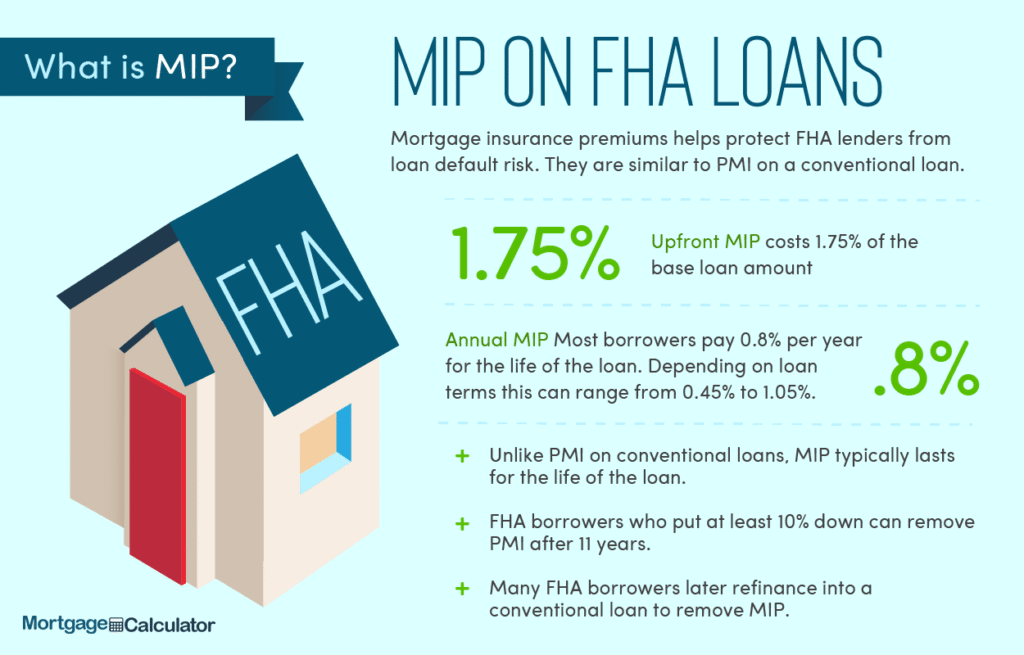Navigating the complexities of personal finance can be akin to threading your way through a dense fog. From budgeting mishaps to investment confusions, the path to financial clarity often seems fraught with obstacles. Fortunately, the guidance of a financial advisor can act as a beacon of light, illuminating the path to a secure and organized financial future. Let’s explore how an advisor can transform financial chaos into a harmonious, strategic plan for your money.
The Role of a Financial Advisor
Financial advisors are not just guides; they are strategists who partner with you to map out your financial journey. They bring a wealth of knowledge on subjects ranging from investment strategies to retirement planning, ensuring that every step you take is informed.

Understanding Your Financial Goals
The initial step in curing financial disarray is comprehending your own goals. An advisor helps clarify what you truly want from your finances, whether it’s planning for retirement, saving for a child’s education, or purchasing a home.
Creating a Customized Financial Plan
Each person’s financial situation is unique, necessitating a tailored plan that addresses individual goals, risk tolerance, and life stages. Financial advisors excel in crafting these personalized plans, ensuring that your financial goals are met with realistic strategies.
Investment Advice and Management
Investments can be a major contributor to financial growth, but they involve risks. Advisors provide skilled insights into investment opportunities, helping to balance the potential rewards with the risks involved.
Retirement Planning
Saving for retirement is a marathon, not a sprint. Advisors can outline a strategy that compounds over time, ensuring that your golden years are as comfortable as they can possibly be.
Insurance Planning
Protecting your assets is a critical aspect of financial planning. Advisors can guide you through selecting the right insurance policies, ensuring that you’re covered against unforeseen circumstances.
Estate Planning
Planning for the future involves not only managing your finances in the present but also ensuring that your legacy is preserved. Advisors assist in creating a comprehensive estate plan that aligns with your wishes.
Tax Optimization
Taxes can significantly impact your wealth. Effective strategies to minimize tax liabilities can help maximize what you keep. Advisors are key in identifying such strategies.
Debt Management
Reducing debt is critical for financial health. A financial advisor can offer strategies to manage and reduce your debt efficiently, freeing up more resources for savings and investments.

Budgeting
A cornerstone of financial planning, budgeting allows you to take control of your spending. Advisors can help establish a budget that fits your lifestyle while meeting your financial goals.
Regular Financial Check-ups
Like any aspect of life, change is constant in the financial world. Regular reviews of your financial plan with an advisor can ensure that it stays aligned with your current situation and future goals.
Education Planning
Saving for education, whether for yourself or a loved one, is a significant investment in the future. Advisors can help navigate the various saving plans and investment options to ensure educational goals are met.
Emergency Funds
An essential aspect of financial planning is preparing for the unexpected. Advisors emphasize the importance of having an emergency fund to cover unforeseen expenses without disrupting your financial plan.
Navigating Life’s Milestones
Major life events, such as marriage, having children, or changing careers, have significant financial implications. A financial advisor can provide guidance through these transitions, ensuring your financial plan adapts accordingly.
The Psychological Benefits
Aside from the obvious financial benefits, having an advisor can offer peace of mind. Knowing that an expert is navigating the complexities of the financial world on your behalf can relieve stress and anxiety.

Choosing the Right Financial Advisor
Selecting an advisor that fits your needs is crucial. Consider their qualifications, experience, and whether their financial philosophy aligns with your goals.
In conclusion, the path to financial clarity and security is often complex and confusing. However, with the right financial advisor by your side, the journey becomes less daunting. They offer the knowledge, strategies, and support needed to transform financial chaos into a clear, coherent, and comprehensive plan. Embrace the journey with an advisor, and watch as your financial goals come to fruition.
Frequently Asked Questions
How do I find the right financial advisor for me? Start by identifying your financial goals and needs, then research advisors who specialize in those areas. Look for certifications and reviews, and don’t hesitate to set up meetings to find a good fit.
Is it worth paying for a financial advisor? For many, the expertise and guidance a financial advisor offers can significantly outweigh the costs by setting you on a path to achieve your financial goals more efficiently.
What should I expect in my first meeting with a financial advisor? Expect to discuss your financial goals, current financial situation, and any concerns you may have. It’s a session for both of you to learn about each other and see if it’s a good fit.
How often should I meet with my financial advisor? This varies based on your personal situation and goals but generally, an annual review is recommended. More frequent meetings may be necessary for significant life changes or financial decisions.
Can a financial advisor help with debt? Yes, advisors can provide strategies and plans to manage and reduce debt efficiently, which is crucial for improving your overall financial health.


